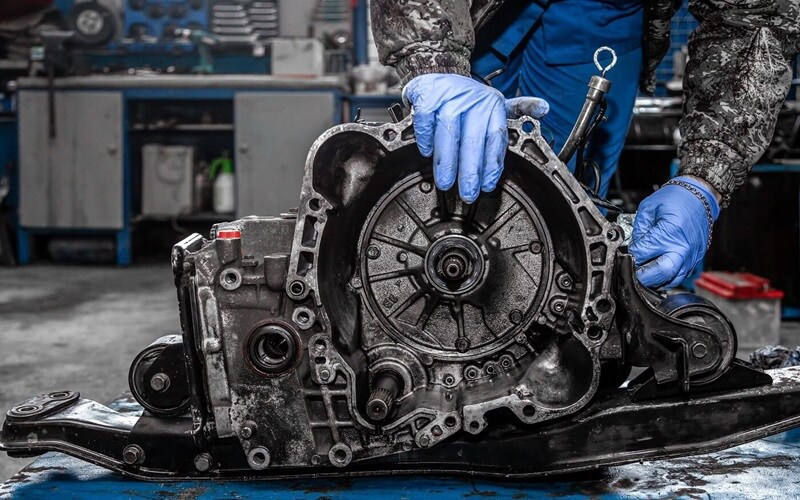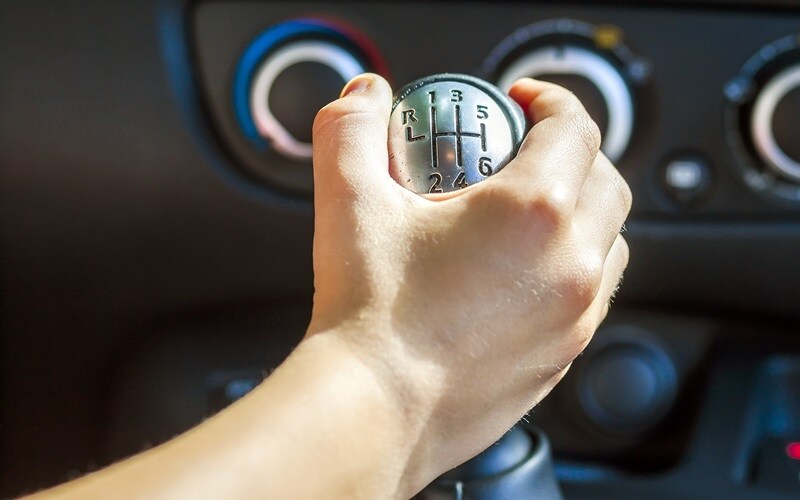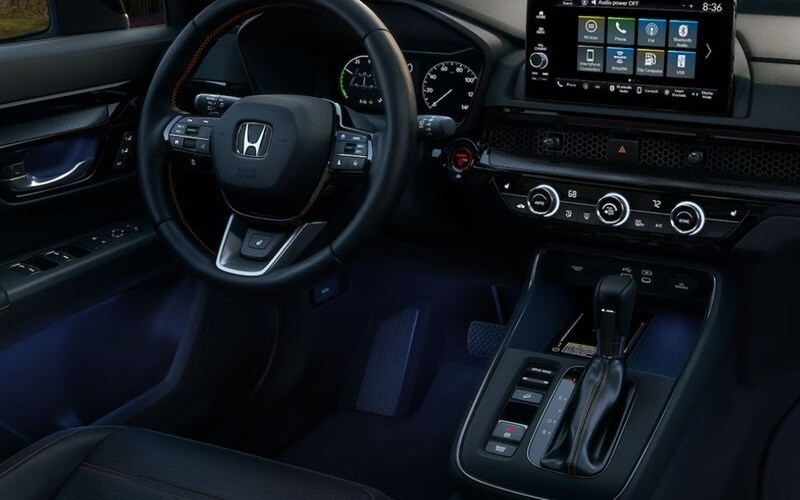
Each transmission is unique, so depending on several factors, transmission repairs will differ between many models. What are those factors? Well, they are:
- Abrupt stops and starts: Your transmission's goal is to provide smooth, steady gear changes. If you tend to press down hard on the brakes to come to a sudden halt, then the transmission will wear down more quickly.
- Overheating: If a vehicle is overexerted, the excess heat will likely put strain on the transmission and other mechanical parts.
- Improper gear shifting (for manual): For cars with manual transmissions, it's important to avoid improper shifts. If a vehicle is in the wrong gear, it can wear down the transmission.
Lastly, you'll want to be sure you're treating your transmission with the care it needs. Regular maintenance is the easiest way to ensure your transmission is running in tip-top shape!

Luckily, there are a few signs that indicate it's time for your transmission to be inspected. By looking out for them, you can ensure your vehicle stays healthy!
Some common signs of transmission problems include:
- Excessive vibrations
- Warning light indicators
- Grinding noises
- Burning odor
- Fluid leak underneath the car
If you notice any of these symptoms or if something seems off when you're driving, the best thing to do is to consult a skilled mechanic. Acting early means addressing any potential issues before they escalate.

If you have a manual transmission, you're more engaged in the driving process than you would be with an automatic. A proper, working manual will allow you to swiftly jump from gear to gear on your own whim. So what does it look like or feel like when a manual transmission needs to be repaired?
Well for starters, the manual may begin making odd noises as you transition between gears. The noises can be anything from a grating or crunching sound. You'll also likely feel a difference in the manual as you attempt to change gears. For example, you may be locked out of a gear or you may find that your car isn't accelerating or decelerating the way you're accustom to.
There are many moving parts that go into any manual transmission, so if yours is beginning to misbehave, don't hesitate to schedule a repair. A quick retuning or the replacement of certain parts, and your manual will be as good as new!

Not all automatic transmissions are created equally. While the term automatic can be applied to any transmission that shifts gears for itself, there are quite a few different types on the open market. A few of the most popular types include continuously variable transmissions, dual-clutch transmissions, and torque converter automatics.
The type of automatic transmission you have is going to play a role in the type of repair your model requires, but they all share a similar setup and show many of the same signs if they malfunction.
For the most part, when an automatic transmission needs to be repaired, it is no longer capable of finding the right gear on its own. This may result in gear hunting, where the transmission keeps switching from one gear to the next, or it may result in delayed gear changes, sometimes not even changing gears at all. Gear hunting will result in a choppy, unsettled ride as the transmission keeps working unnecessarily. Gear holding will affect your acceleration and fuel economy.
In general, the automatic transmission in your vehicle is heavily tied to the overall performance of the car. Whether you see a downtick in your fuel economy, a drop in your acceleration, or just a diminished on-road quality as you're travelling around town, the root cause may be a needed transmission repair.
How Can We Help?
* Indicates a required field

